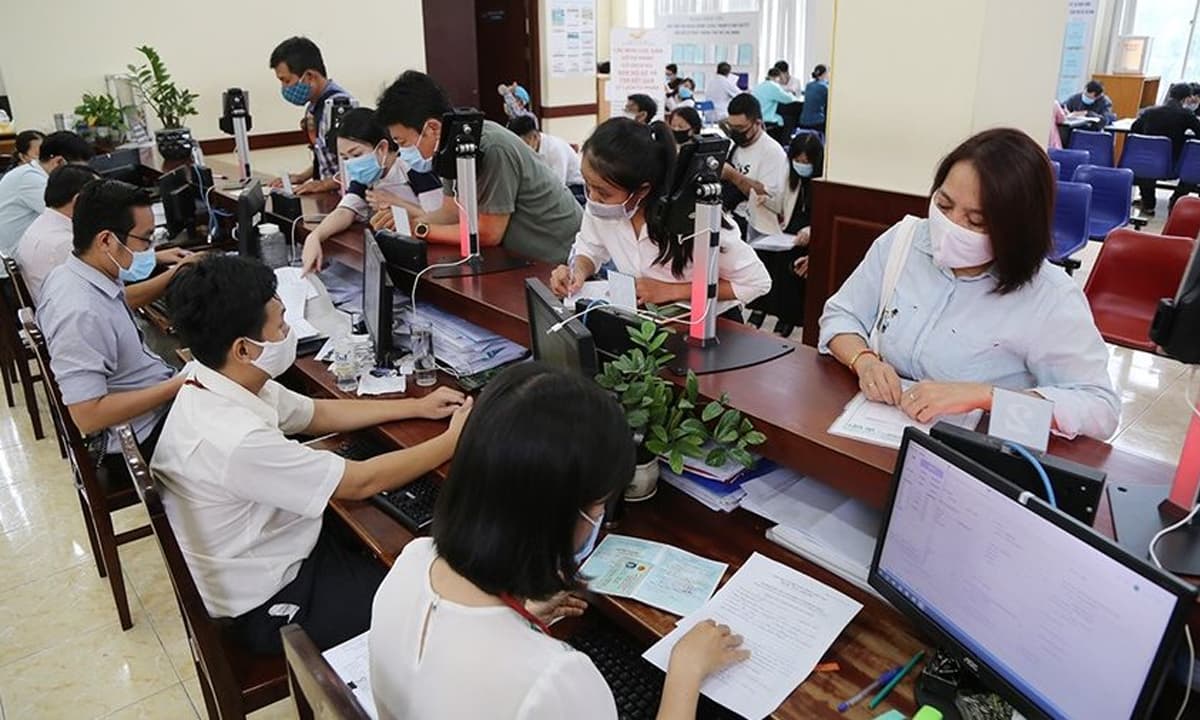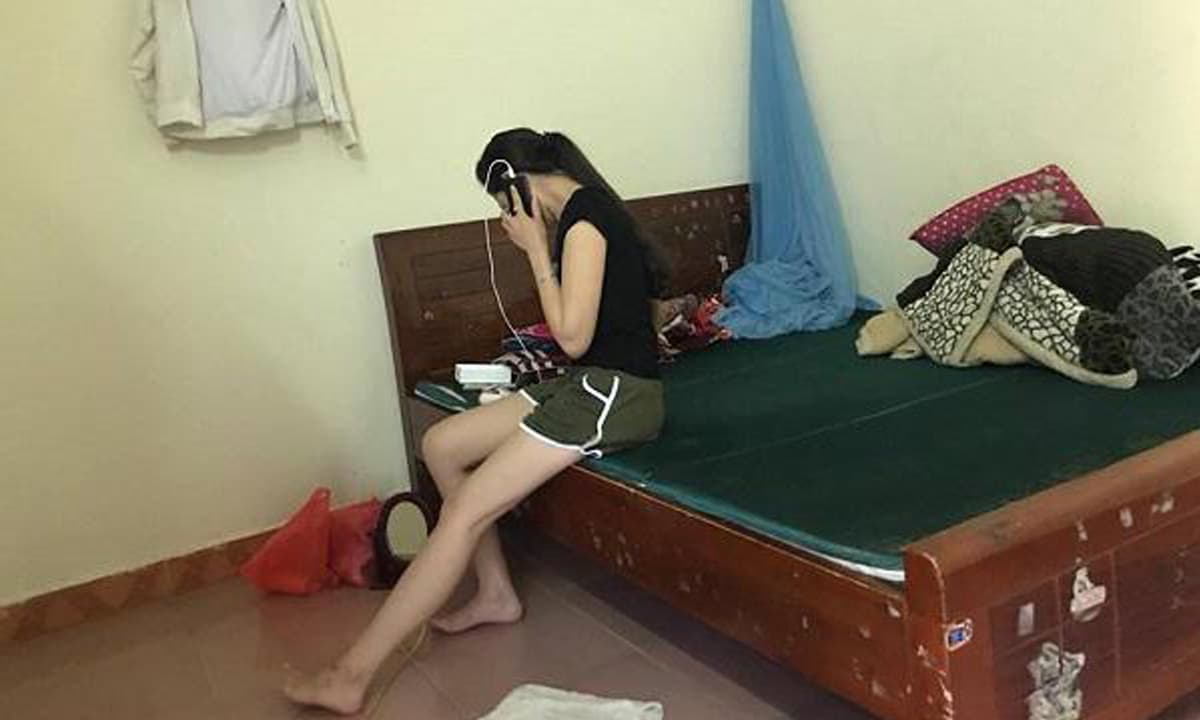Border Surveillance is on the Hunt for a 'Covert Language' in Individuals' Text Communications

United States Customs and Border Protection (CBP) has a bad snooping habit, and it’s looking for a little help to get its fix. According to a report from Wired, the agency is currently asking tech companies to pitch it ideas for a digital forensics tool that would allow it to process and analyze data from seized phones and computers and potentially uncover “hidden” patterns.
In a federal registry listing from June, CBP said it is seeking a tool that can scan text messages, pictures, videos, contacts, and other information stored on devices seized from people at U.S. borders. But more than just process all that data, it wants a tool that can find patterns within it. The agency wants to be able to find “hidden language” in a person’s text messages, like coded terms that “may not be obvious at first look.” It also needs to be able to identify specific objects that appear across videos and photos, and the agency wants the tool to be able to quickly process the data for “intel generation.”
The request, which seems like it borders on a Pizzagate level of conspiratorial thinking, comes as the agency is looking to expand its digital forensics tools, in part because it is seizing considerably more devices from people. In 2015, it searched 8,500 devices. That figure skyrocketed to 41,500 devices in 2023, according to the agency’s data. It also performed 4,200 “advanced” searches, which include a digital forensic deep dive into a device, in 2024.
CBP currently uses tools from Israeli intelligence firm Cellebrite to scan devices, but it appears open to newcomers if someone has a more powerful tool to offer. The agency claims to use “a wide variety of digital data extraction tools,” per Wired, so it’s not like it’s been monogamous with Cellebrite thus far anyway.
The agency hasn’t exactly been shy about snagging phones and other devices from people under Trump’s second term. CBP agents can and will ask travelers to hand over and unlock their devices so that they can be searched, which has led to some travelers opting to pack a burner phone on trips to the U.S. to avoid unnecessary scrutiny when they come to the border.
In its request for information on this potential new tool, CBP suggested that it will pick a vendor and sign a contract to build the system in the third quarter of 2026. So keep your eyes out for that, a new authoritarian dystopia feature might be dropping sometime in 2027.









